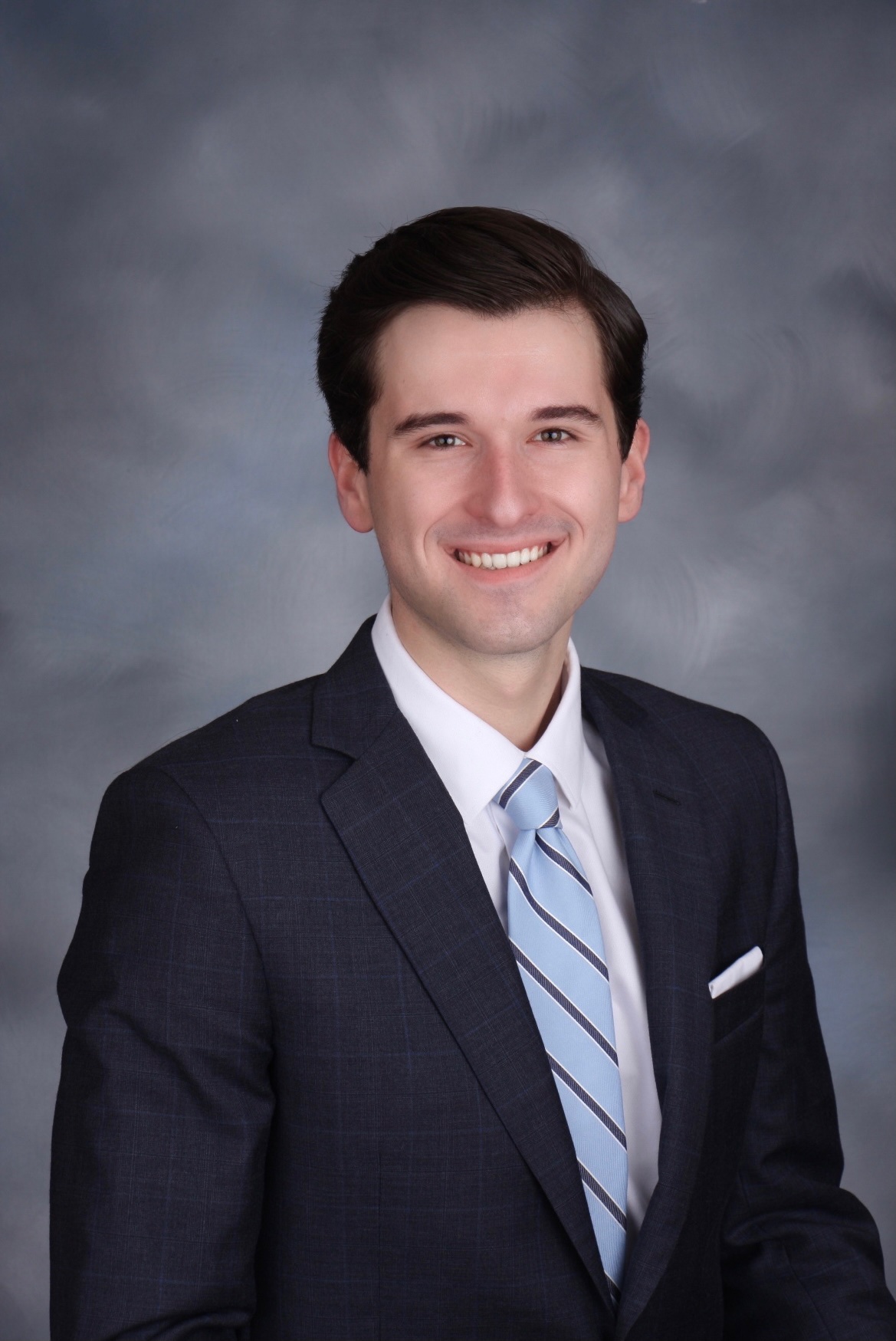Interview opportunity with National Review Spokesman Zack Kessell
Introduction:
As the Supreme Court gears up to hear a pivotal case that could reshape the legal landscape for individuals charged in connection with the January 6th Capitol riot, the national discourse is poised at the brink of a significant juncture. At the heart of the proceedings is a legal challenge that questions the applicability of a federal law used to levy charges against more than 350 rioters, including former President Donald Trump. Zach Kessel, a William F. Buckley Fellow in Political Journalism at the National Review Institute, known for his incisive commentary on antisemitism, the Diversity, Equity, and Inclusion bureaucracy in higher education, and U.S. foreign policy, turns his attention to this landmark case. With a keen analytical eye, Kessel is set to unpack the ramifications of the Supreme Court’s decision, not only for the defendants but for the very fabric of American jurisprudence and the broader implications for civil liberties and political accountability.
Suggested Questions:
Case Background: Could you provide an overview of the Supreme Court case and its significance for the January 6th defendants and former President Donald Trump?
Legal Challenge Explained: What is the nature of the legal challenge being presented to the Supreme Court, and on what grounds are the January 6th rioters seeking to overturn their charges?
Implications for Trump: How might a ruling in favor of the defendants impact Trump, especially considering his own charges stemming from the same federal law?
Prosecutorial Overreach: In your view, does the use of this particular charge against January 6th defendants and Trump signify an overreach by prosecutors, and why?
Political Consequences: How could the Supreme Court’s decision influence the political narrative surrounding the events of January 6th and the actions of those involved?
Future of Federal Charges: What are the potential implications for the future use of this federal law in prosecuting obstruction of official proceedings?
Civil Liberties at Stake: How does this case intersect with broader concerns about civil liberties and the right to protest in America?
Role of the Judiciary: What does this case reveal about the role of the Supreme Court in adjudicating politically sensitive cases?
Public Perception and the Rule of Law: How might the outcome of this case affect public perception of the rule of law and trust in the judicial system?
Looking Ahead: Regardless of the decision, what long-term impacts do you foresee this case having on American jurisprudence and the political landscape?
About Zach Kessell:
Zach Kessel is a William F. Buckley Fellow in Political Journalism at the National Review Institute, where he primarily writes about Israel, antisemitism, and the Diversity, Equity, and Inclusion bureaucracy in higher education. Since October 7, Kessel has emerged as one of the most active reporters on the spread of antisemitic and anti-Israel attitudes at American colleges and universities. Within foreign policy, Kessel has repeatedly criticized the Biden administration for its perceived failures and for its approach towards appeasing America’s adversaries, showcasing a lack of tangible goals in the Middle East. Kessel’s insights into the Supreme Court’s impending decision promise to provide a nuanced and thought-provoking analysis of its broader implications.
CONTACT: Jerry McGlothlin 919-437-0001 jerry@specialguests.com

